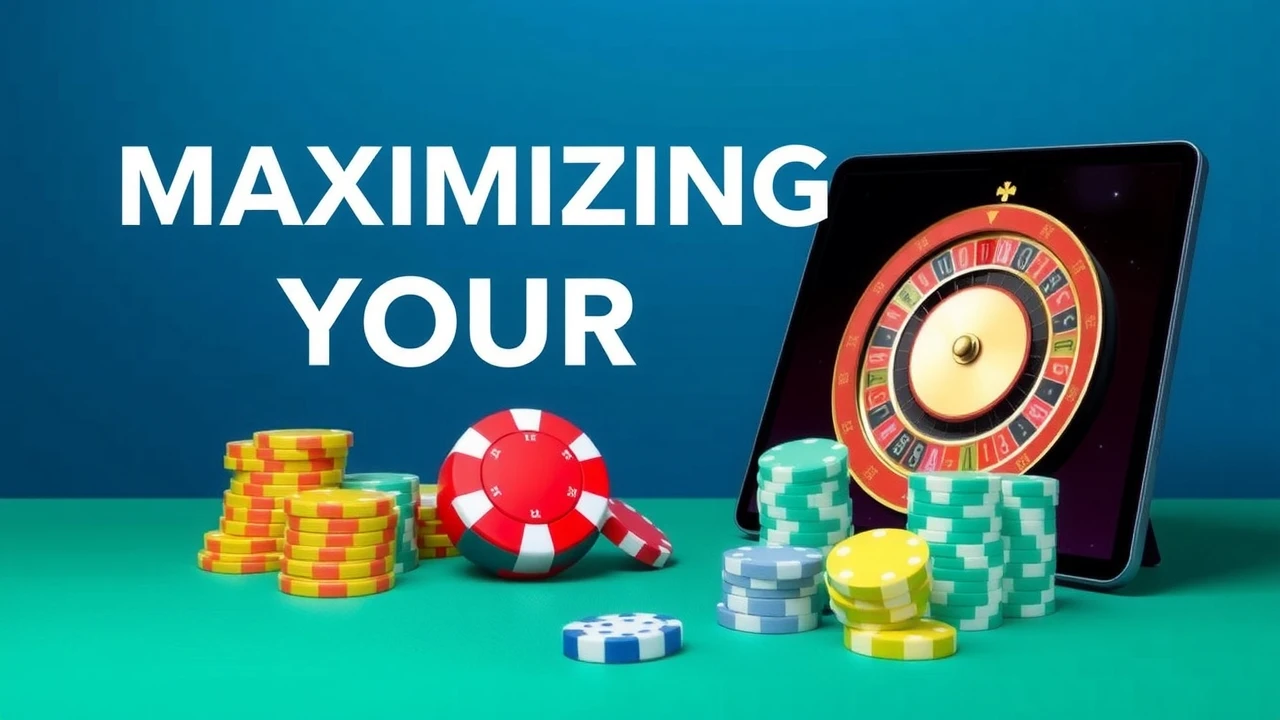
 Others
Others
Discover the latest stories and insights from our community
 Others
Others
 Others
Others
 Esports
Esports
 Esports
Esports
 Others
Others
 Business
Business
 Business
Business
 Business
Business
 Business
Business
 Business
Business
 Business
Business
 Sports
Sports